Early Signs and Symptoms of Memory Loss: A Compassionate Guide
In the labyrinth of human experiences, memory serves as both a compass and a map, guiding us through the intricacies of our past and informing our present. Yet, for many, the clarity of this map begins to blur, leaving a trail of unanswered questions and concerns about the future. Today, we embark on a journey to understand the early signs of memory loss, an exploration driven not by fear but by the pursuit of knowledge and empowerment.
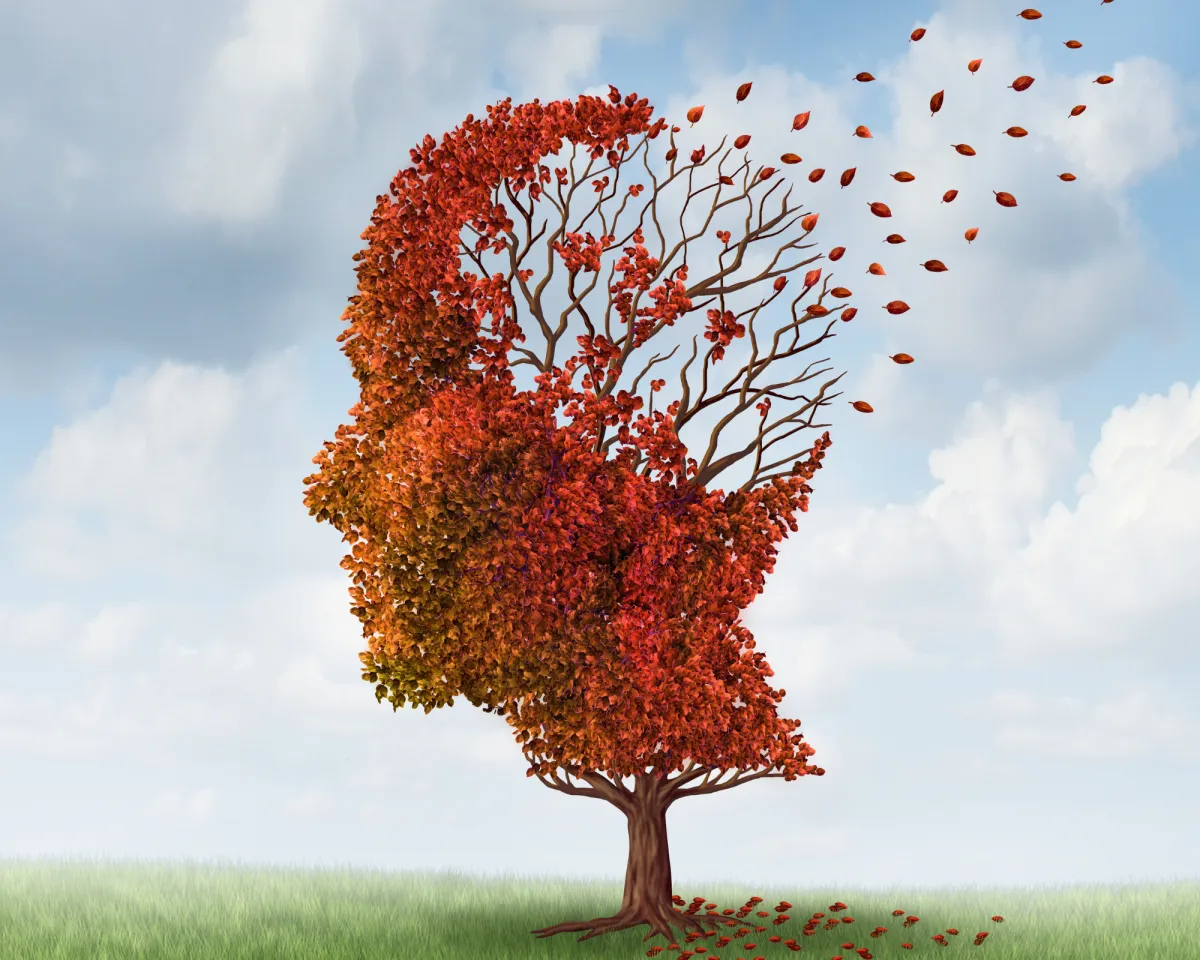
Recognizing The First Signals And Navigating Through The Fog of Memory Loss
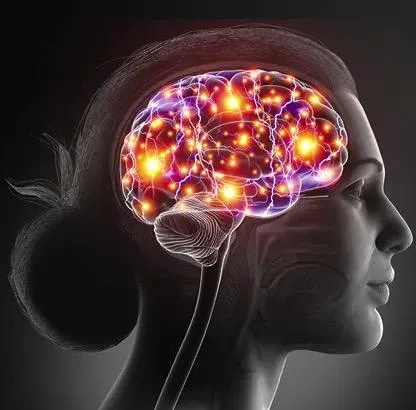
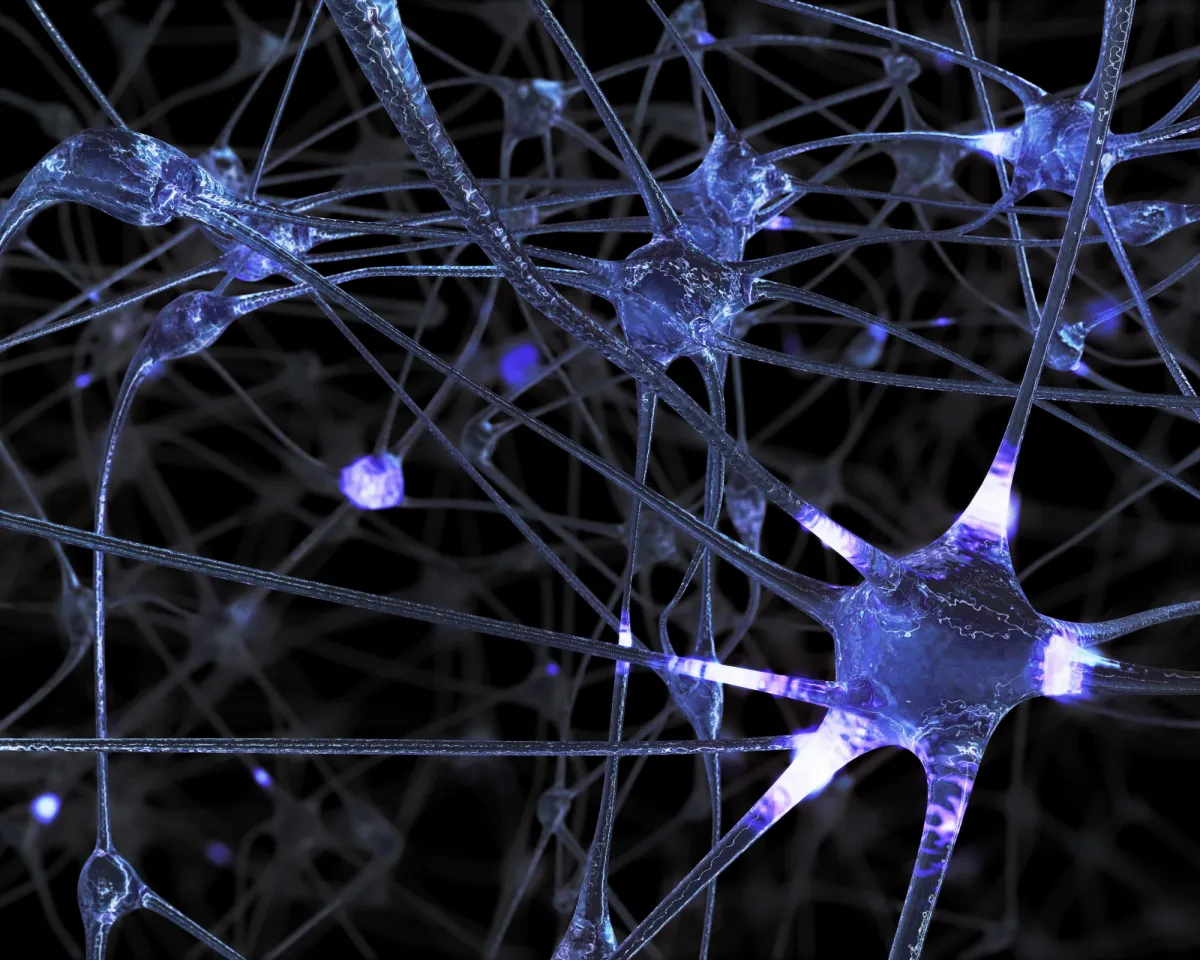
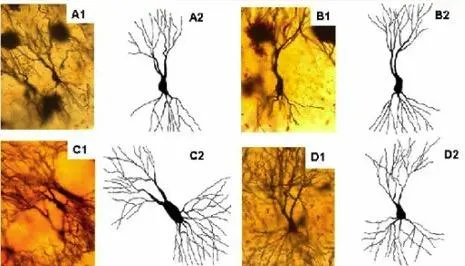
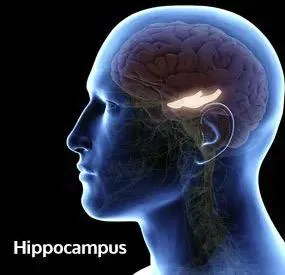
The onset of memory loss can be as subtle as the fading light at dusk. It often begins not with a singular, momentous event but as a series of overlooked moments. Misplaced keys, forgotten names, or missed appointments can be the first whispers of change. These moments, though seemingly inconsequential, can be the early harbingers of cognitive decline, a gentle nudge urging us to pay closer attention to the workings of our minds.
A Simple Guide to Symptoms of Cognitive Change
But what exactly should we be on the lookout for? The early signs of memory loss extend beyond the occasional lapse and often manifest deep into the following areas.
Persistent Forgetfulness
Persistent forgetfulness transcends the occasional misplacement of keys or forgetting an acquaintance's name. It's about the consistency and frequency of these lapses. When memories, especially recent ones, start slipping through the cracks of our minds more regularly, it's not just a hallmark of aging; it signals that our cognitive reserves are under siege. This isn't about the benign forgetfulness that dots our daily lives but a deeper, more consistent loss that disrupts daily functioning. It’s when the threads of recent conversations, dates, and even significant events start to unravel, leaving a palpable impact on one’s quality of life. Such persistent forgetfulness can be the early whisperings of cognitive decline, urging a closer examination.
Difficulty Following Conversations or Finding The Right Words
Engaging in conversation is a dance of the mind, where thoughts and words flow in harmony. But when finding the right words becomes a struggle, or when the thread of conversations slips away, it's akin to stumbling in this dance. This difficulty isn't merely about losing one's train of thought momentarily; it's a profound struggle to express thoughts or grasp what others are saying. This symptom can feel isolating, as language is our bridge to the world. When that bridge starts to waver, it doesn’t just signal a momentary lapse but indicates a deeper, underlying issue with cognitive processing, warranting further exploration and understanding.
Challenges in Planning or Solving Problems
The human mind's ability to plan, organize, and solve problems is one of its most sophisticated functions. When these abilities start to falter, it's a sign that something is amiss. This isn't about occasional oversight or a mistake in calculation; it's a noticeable decline in the capacity to develop and follow a plan or work through problems in familiar ways. This might manifest in difficulties managing finances, following a recipe, or keeping track of monthly bills. Such challenges not only affect one's ability to perform everyday tasks but also signal potential cognitive decline, pointing to the need for professional evaluation.
Noticeable Changes in Mood or Behavior
Mood and behavior are the mirrors of our internal cognitive and emotional states. When there's a noticeable shift in these areas—perhaps an uncharacteristic increase in irritability, bouts of confusion, apathy, or withdrawal—it's a red flag that warrants attention. These changes can be particularly perplexing when they come without a clear external cause, indicating that the issue may lie within the intricate workings of the brain. Such alterations in mood and behavior often accompany cognitive decline, serving as a signpost for individuals and their loved ones that a deeper investigation into their mental health is needed.
These symptoms, while potentially indicative of cognitive decline, are not definitive diagnoses on their own. However, they do serve as crucial indicators that should encourage individuals to seek professional advice. Early detection and intervention can significantly affect the management and trajectory of cognitive disorders, highlighting the importance of vigilance and proactive healthcare.
In our quest for understanding, it is essential to acknowledge the tools at our disposal for detecting cognitive decline. From the sanctity of our homes, we can embark on preliminary assessments with tests designed to evaluate memory, problem-solving abilities, attention, and language skills.
Tools such as the Mini-Mental State Examination (MMSE) or the Montreal Cognitive Assessment (MoCA) offer a glimpse into the cognitive faculties, allowing individuals to identify potential areas of concern in the early stages. These self-administered assessments, while not diagnostic, serve as a crucial first step in the journey towards clarity.
Yet, when do these signs and self-assessments nudge us towards seeking professional insight? The moment memory loss impedes our daily activities is the moment a conversation with a healthcare provider becomes imperative. When forgetfulness transforms into an inability to complete familiar tasks, when confusion about time or place becomes a common occurrence, or when changes in mood and personality become pronounced, these are not merely signs to be acknowledged but calls to action.
It is in the exploration of these early signs and the pursuit of understanding through detection tools that we find the courage to face the unknown. The decision to consult a healthcare professional is not an admission of defeat but a declaration of strength. It is a step towards demystifying the changes within, armed with the knowledge that early detection and intervention can significantly alter the course of cognitive decline.
As we navigate through the complexities of memory loss, let us do so with compassion and curiosity. Let us remember that in the search for answers, we are not alone. The journey of understanding begins with awareness and is sustained by the support of community, the guidance of professionals, and the unwavering hope for a future where the map of our memories remains clear and within reach.
In the words of an individual’s journey, there is power. And in our collective exploration of memory loss, there is an unbreakable bond, a shared resolve to navigate the uncertainties of tomorrow with the wisdom of today.
© 2024 TodaysHealthDiscoveries.com | All Rights Reserved
This site is not a part of Google™ website or network of sites such as Youtube™ or any company owned by Google™ or Youtube™. Additionally this website is not endorsed by Google™ Youtube™ Inc. in any way. Google™ is a trademark for all their respective companies.
